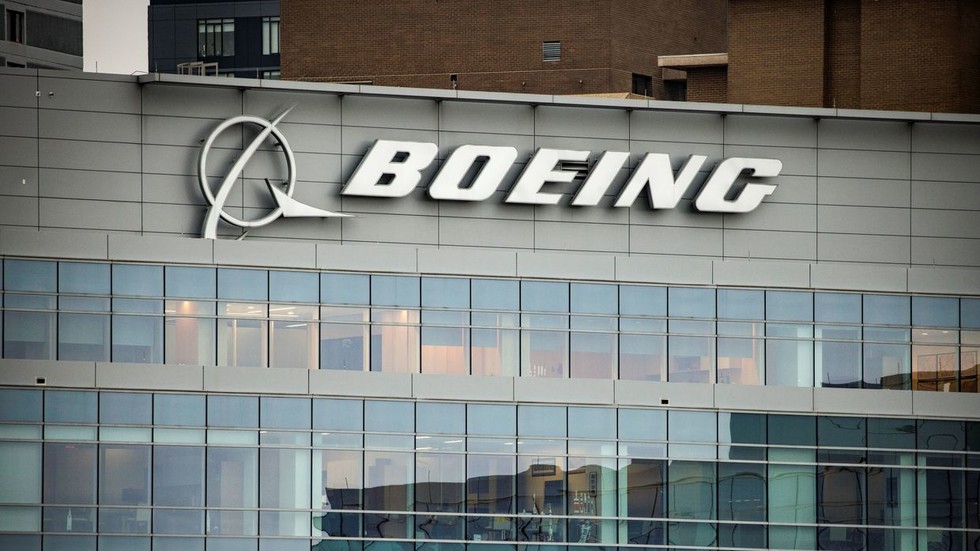Boeing is reportedly undergoing a significant restructuring that includes dismantling its Diversity, Equity, and Inclusion (DEI) department, along with the resignation of the vice president in charge of it. This move comes amid broader corporate scrutiny over DEI initiatives, which some critics label as “woke” hiring practices that disproportionately affect white men. Boeing’s DEI efforts had aimed to improve minority representation within its workforce, which has historically been predominantly white and male. The company had set specific goals, such as increasing Black employment by 20% by 2025. However, according to reports, DEI staff are being reassigned to different roles as part of the restructuring.
Boeing’s restructuring is not isolated and reflects a trend among major U.S. corporations facing backlash over diversity programs. Critics argue that such initiatives can lead to discriminatory practices against certain demographics. High-profile anti-DEI activists, including Robby Starbuck, have openly challenged companies like Boeing regarding their diversity initiatives. Recently, Starbuck reached out to Boeing’s new CEO, Kelly Ortberg, warning that he might initiate a campaign against the company’s DEI endeavors, further amplifying the debate surrounding such programs.
In defense of its decision, Boeing has reiterated its commitment to fostering an inclusive workplace while ensuring merit-based hiring practices. The company asserts its dedication to providing equal opportunities across its workforce without guaranteeing equal outcomes. This nuanced approach aims to balance the need for diversity with the principle of meritocracy. The challenge for Boeing lies in navigating these competing interests while restructuring amid considerable financial pressures and operational challenges.
Under Ortberg’s leadership, Boeing is undertaking a sweeping overhaul aimed at cutting down on significant financial losses and addressing safety concerns that have plagued the company due to flaws in its aircraft. The aviation giant has faced a myriad of challenges, including federal investigations and lawsuits related to safety incidents that have raised questions about its engineering processes. Beyond operational concerns, Boeing is dealing with labor challenges, including a prolonged strike by workers advocating for better wage increases.
The scaling back of DEI efforts is part of a broader workforce reduction initiative, with plans to trim about 10% of its workforce, equating to roughly 17,000 jobs. Ortberg has acknowledged the difficult position the company finds itself in, emphasizing the need for tough decisions to restore Boeing to a competitive standing. In a memo to employees, she highlighted that the road to recovery involves making structural changes that are crucial for long-term sustainability and customer satisfaction.
Moving forward, Boeing’s restructuring and the fate of its DEI initiatives will be closely monitored not only by employees and shareholders but also by industry observers and activists. The company’s outward commitment to creating an inclusive workplace must now align with practical strategies that address both the need for diversity and the realities of workforce optimization. This balancing act will be pivotal for Boeing as it seeks to navigate a complex corporate landscape while striving for recovery from its ongoing operational and financial woes.

